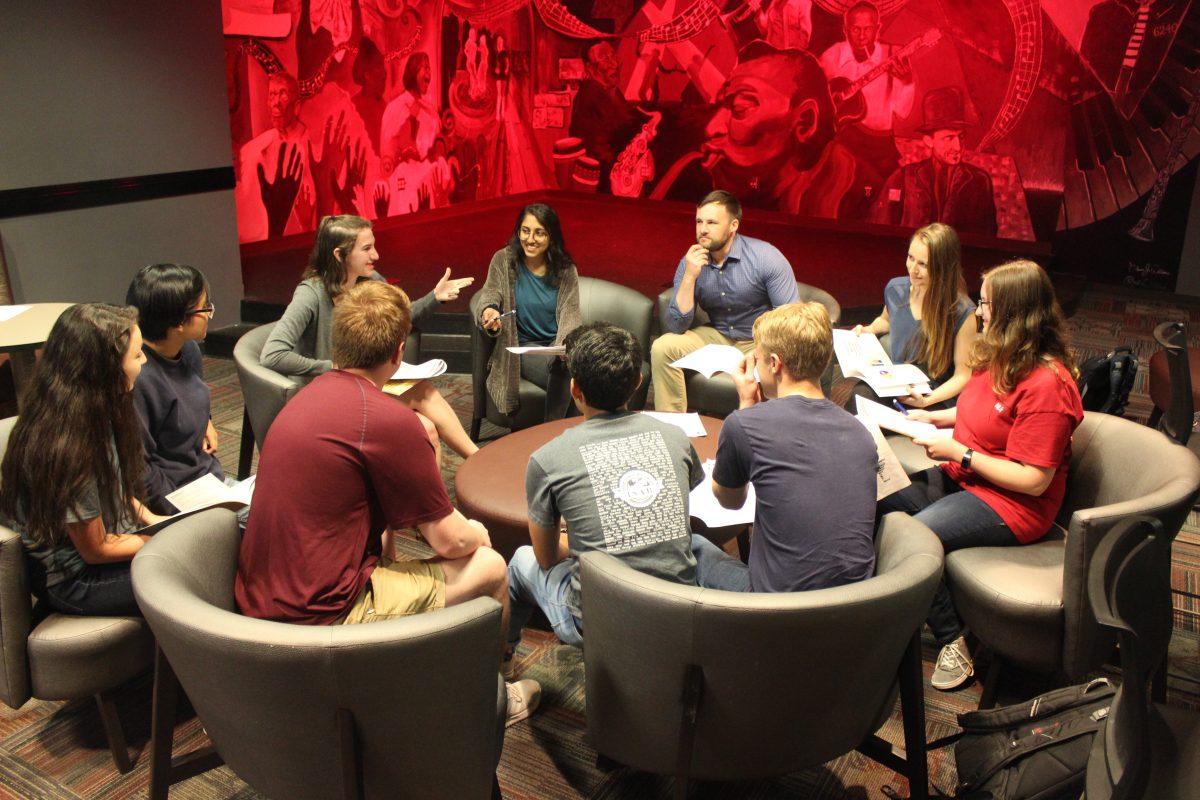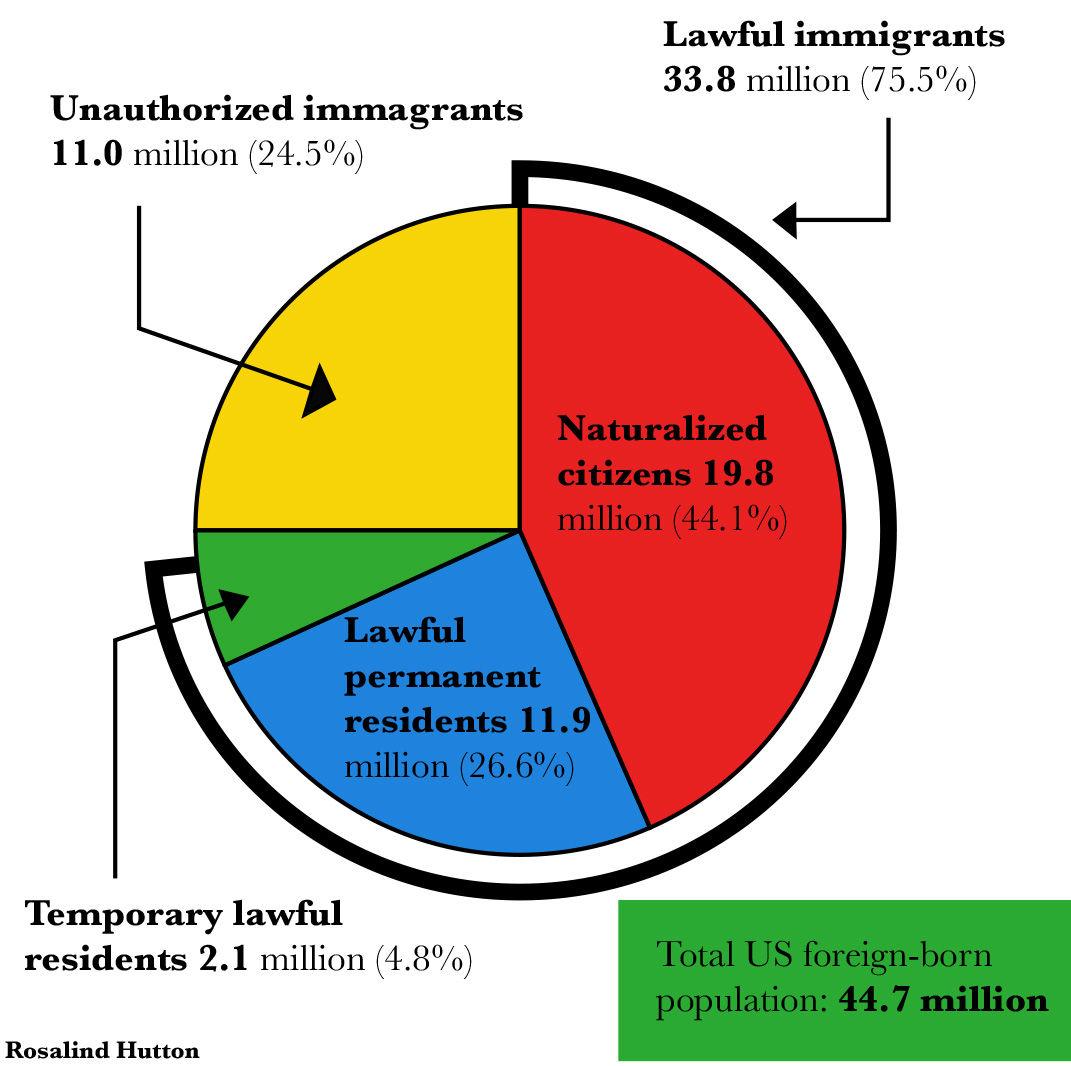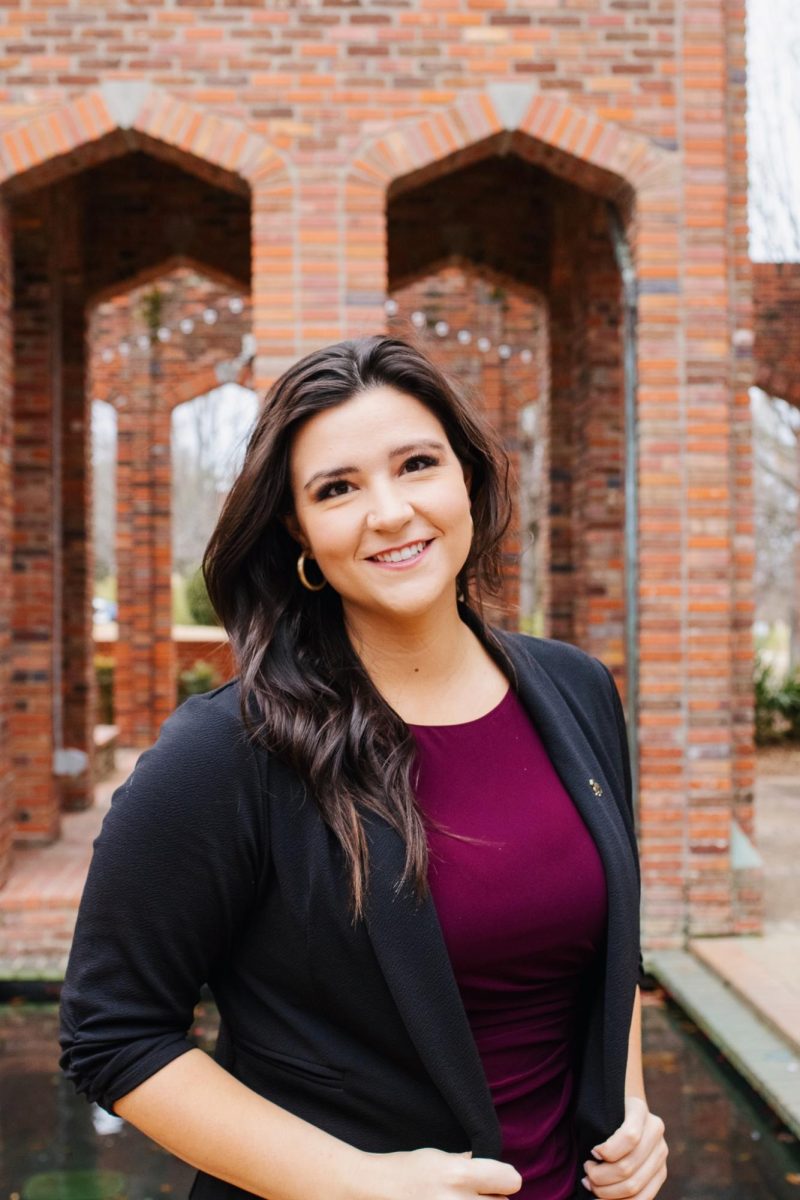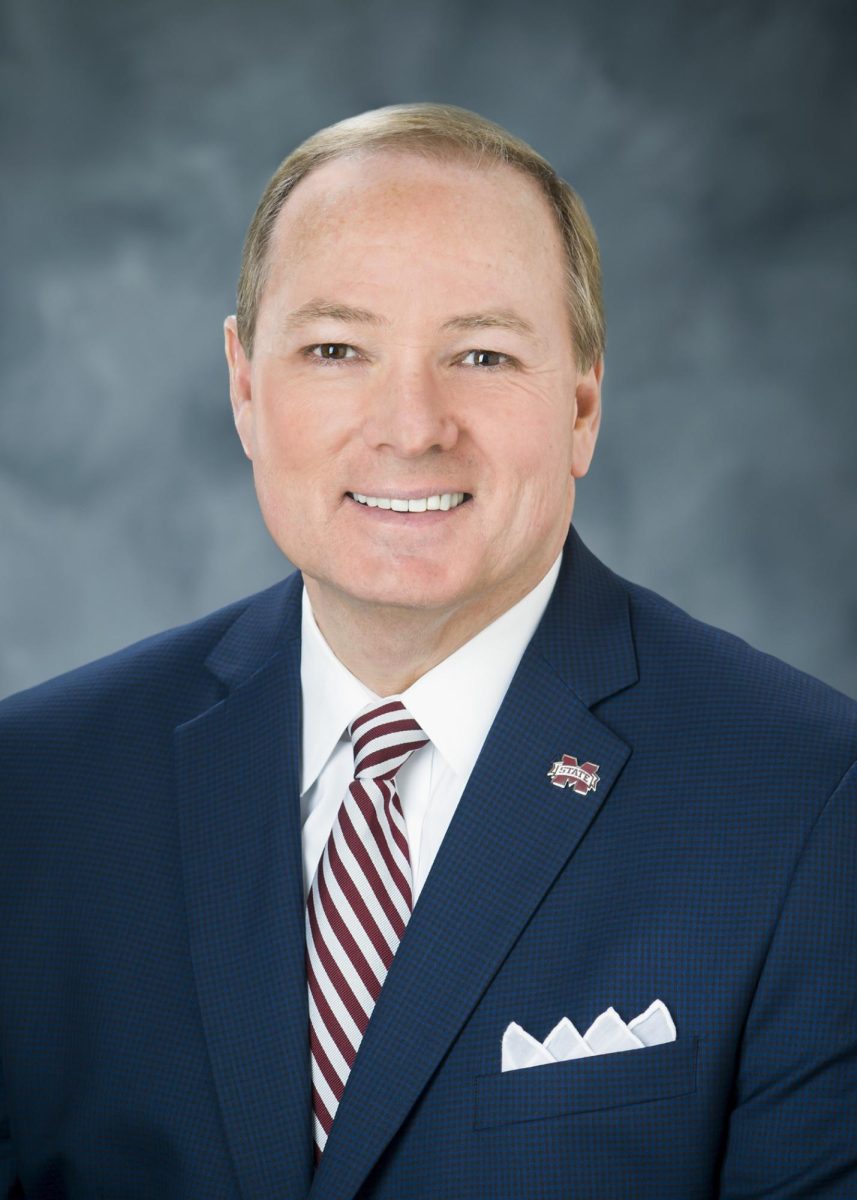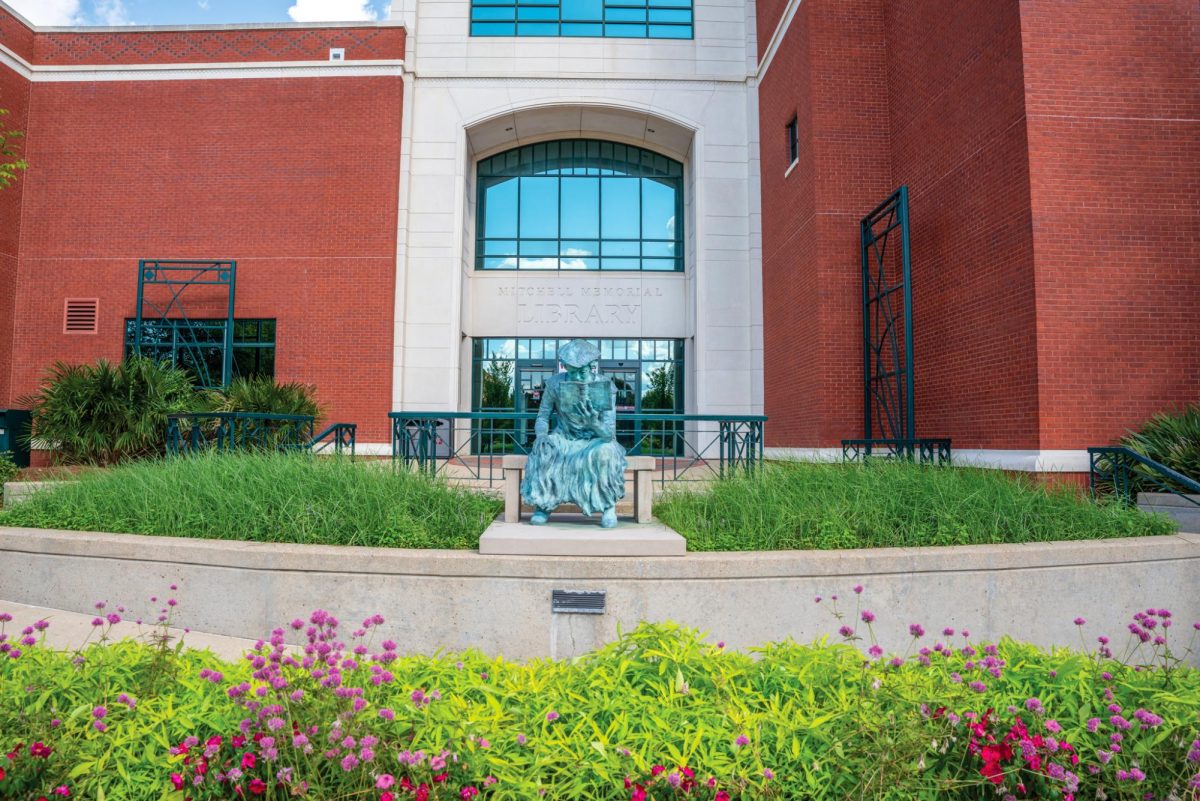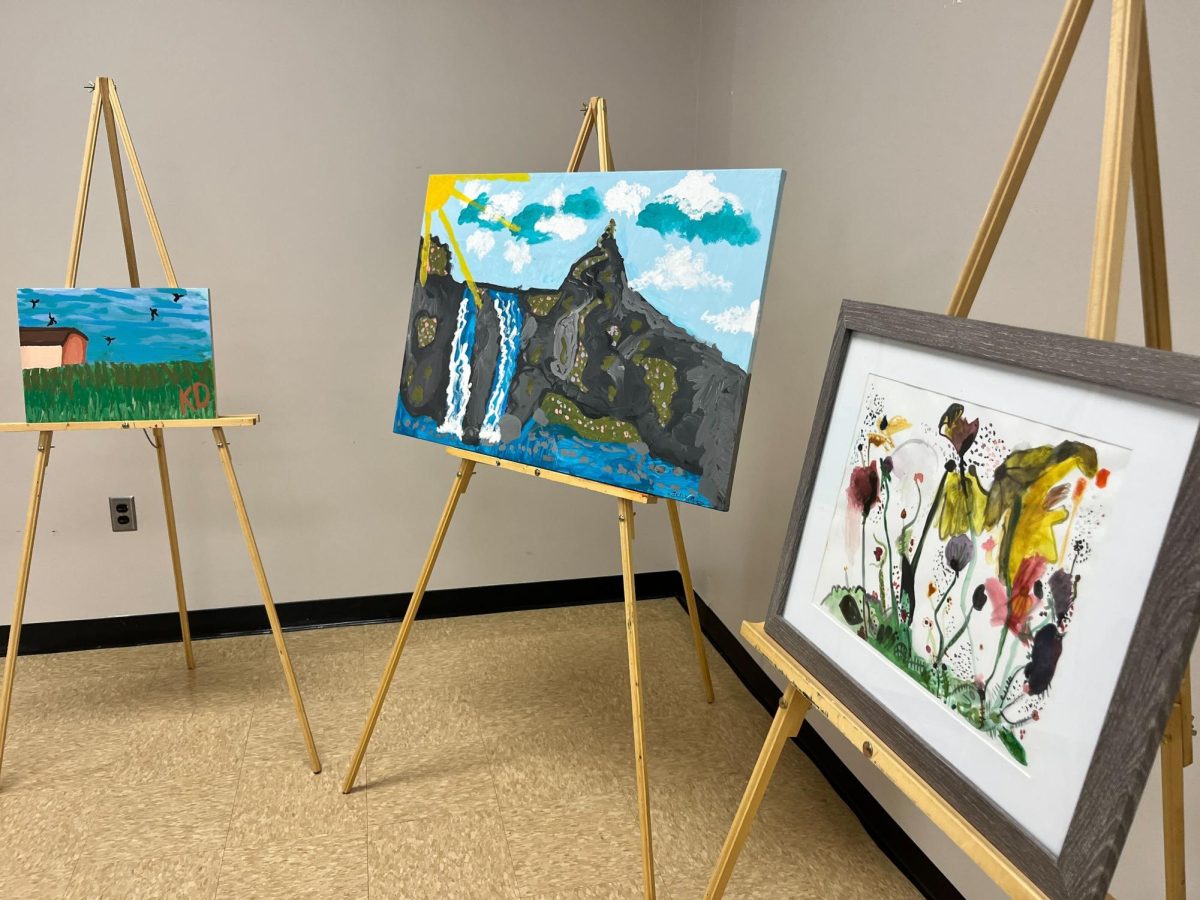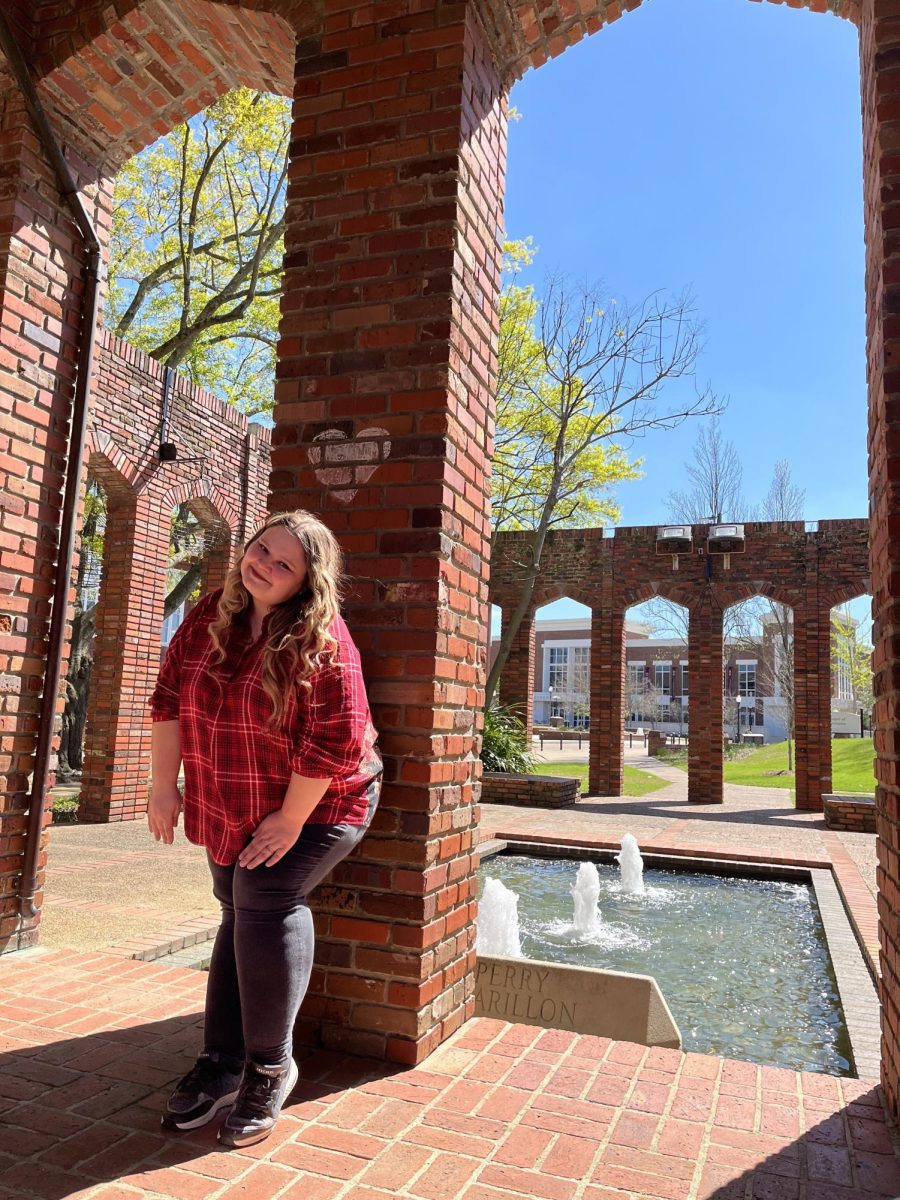The student-led organization No Lost Generation held an immigration forum last week as a part of a national initiative.
The Department of State supports No Lost Generation, which aims to raise awareness, money and scholastic support for young refugees affected by the crisis in Syria.
The National Issues Forums Institute in collaboration with the Kettering Foundation created the forum ”Coming to America: Who Should We Welcome, What Should We Do” held Thursday.
During the event, groups of student and faculty participants talked about three possible options for an immigration policy.
The first option was the least restrictive, with actions such as giving those who entered the U.S. illegally a path to legal status, accepting more refugees fleeing war and allowing all residents to vote in city elections, no matter their status.
Political Science Professor Brian Shoup first described different kinds of legal immigrants to the group, which include students who have visas, those who went through the diversity lottery, refugees and those who hold temporary work visas. While they cannot vote, these people hold legal standing.
According to a 2015 Pew Research Center study, there are about 11 million unauthorized immigrants in the U.S.
Shoup, who moderated a small group, first asked them what the concept of borders means.
Sea Frey, a sophomore political science and agronomy major, said she thinks the idea of borders is valuable.
“I think borders are really important,” Frey said. “I think a lot of strength of a nation comes from people’s willingness to buy into the idea of it. America definitely pushes that.”
Trey Wallace, a senior industrial engineering major, agreed with Frey because he said the U.S. has a civic, not an ethnic culture.
“I think because our nationalism isn’t seeded in a culture specifically—it’s seeded in an ideology—the borders are particularly important to the United States,” Wallace said.
Shoup said the first option is not a method the U.S. has typically been keen to.
“This is not the approach the United States has always taken,” Shoup said. “I want to be very clear, this is a vastly more open one than what even the most liberal immigration law would have. This last (point) I don’t think anyone would support; (to) just allow anyone to vote.”
The second option stated there needs to be a fair system, where the rules are enforced by police. The option says there is a long line of people waiting to enter America illegally, and there is an obligation to them to enforce borders and deport illegal immigrants.
Shoup said this option is more restrictive toward illegal immigration.
“This asks to tighten the screws on illegal immigration,” Shoup said. “Its principal focus is: ‘We welcome legal immigrants who come here, we want them, they can work, but people who are here illegally are breaking the law, and if the nation’s borders and its laws are to mean anything, those institutions need to be followed.’”
Wallace mentioned a point-based system as a compromise for the issue of immigration.
“For example, you move to a specific country and you start out with zero points and you need to accumulate 500 points to stay there,” Wallace said. “So, securing a stable job could earn you 70 points, marrying and having a child secures you so many points. There are a hundred different avenues to do this, but when you’ve met the quota, then you’ve done enough to earn citizenship.”
Yashaswim Sridhar, a sophomore psychology major and Indian international student, said with a point-based system, there is the problem of defining what holds more value.
Frey said it is a controversial issue to base someone’s path to citizenship on what they can and will do.
Frey said the second option would be sensible if the immigration system was not so flawed already.
“I think this would be a much more reasonable option if it weren’t so difficult and so laborious to get in legally,” Frey said. “Obviously, every country it takes many years to fully get through the process, but if it weren’t so difficult and complicated, I think it would be a lot more feasible and ethical to have strict controls.”
Next, the third option was introduced. This option recognized high immigration levels and stated the country is already diverse, so it must regain its national identity.
This option aimed to reduce the immigration rate, including the number of legal immigrants admitted, and giving preference to those who already speak English. It also stated cities should welcome refugees fleeing political and religious persecution, but make sure they are not all settled in the same place.
Shoup said some Americans feel there is a sense of division in the country, which gives way to this option of rebuilding common bonds.
“It says, ‘I have to work on me.’ It’s that classic breakup line,” Shoup said.
Frey said this option is treating a symptom, not a cause.
“I think the baseline issue with this is that America has never been a country that’s based on one ethnic population,” Frey said.
At the end of the discussion, Shoup said if he had to pick an option without changing anything, he would pick the second option. Nevertheless, he said cookie-cutter immigration policies are major problems in political discussion.
“Part of the problem with all the discussion for creating immigration policy is that people want it to be delivered in a nice, neat package,” Shoup said. “It can never be so. This is part of the political problem.”
No Lost Generation holds immigration forum; students, teachers discuss issues
Rosalind Hutton | Graphic Editor
No Lost Generation holds immigration forum; students, teachers discuss issues


















































































